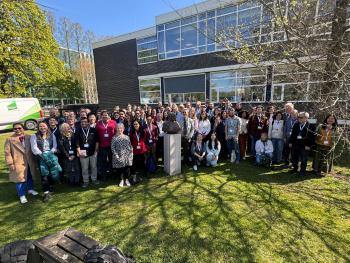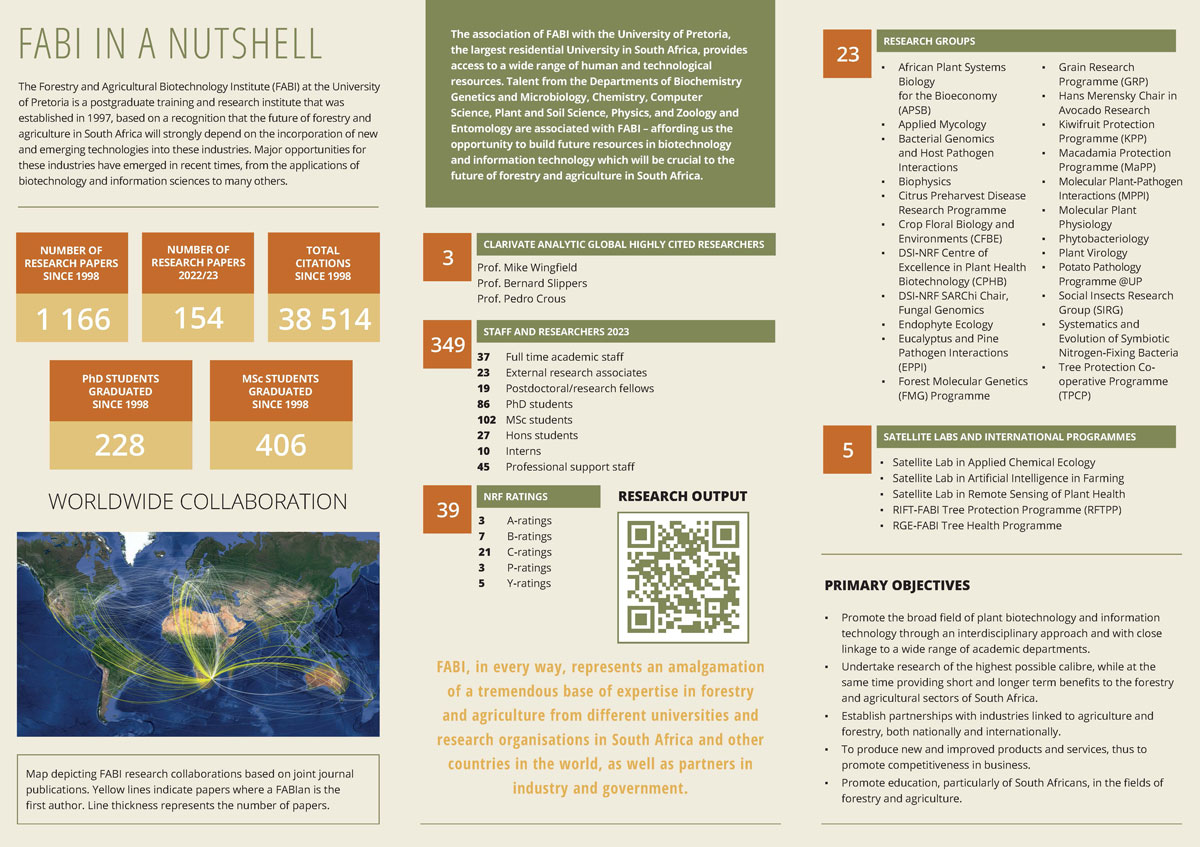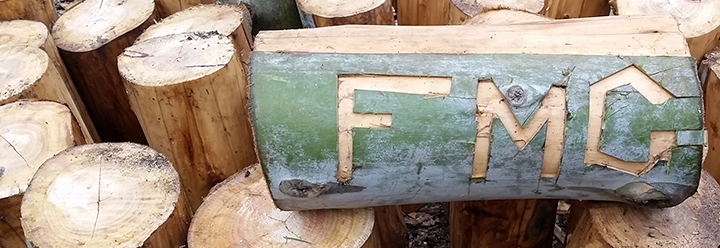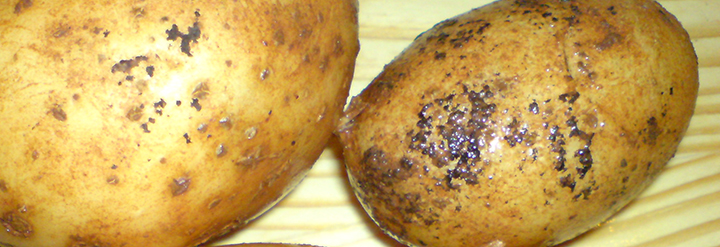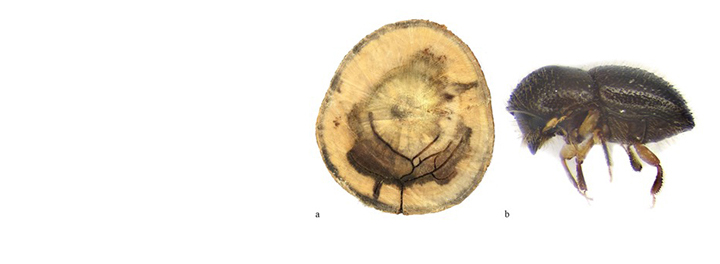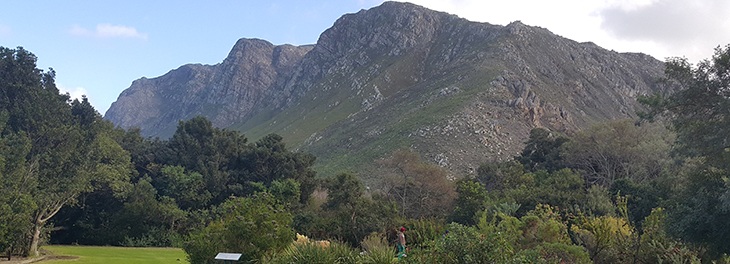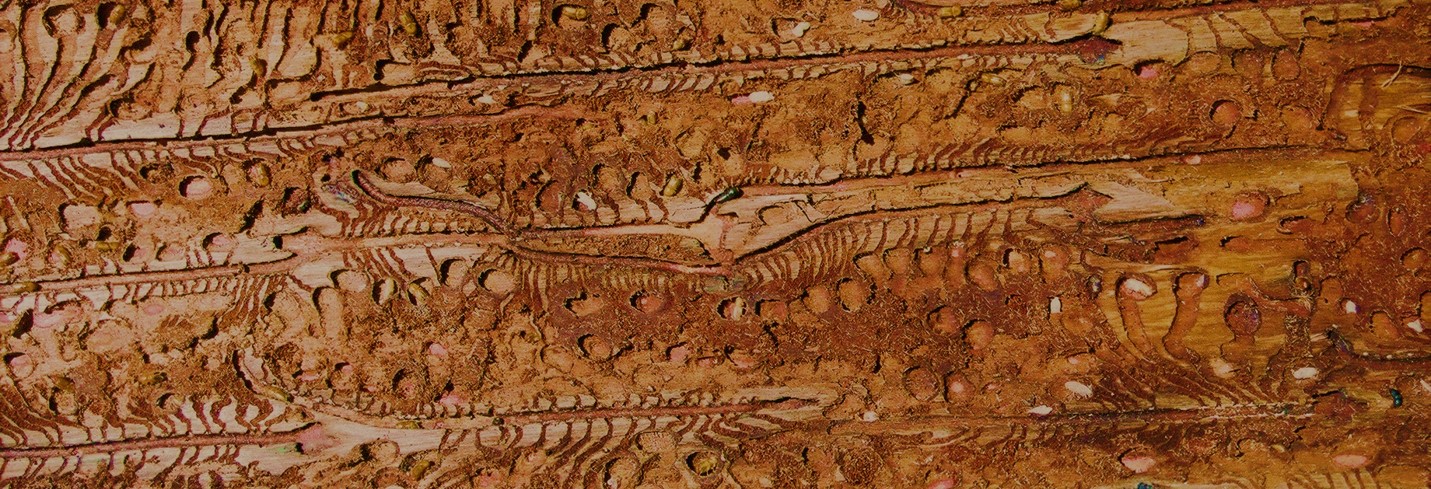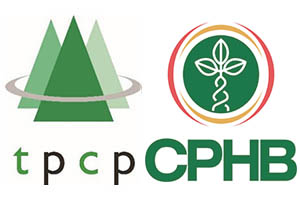1. Acceptance of our Terms
By visiting the website THE FORESTRY AND AGRICULTURAL BIOTECHNOLOGY INSTITUTE (FABI), viewing, accessing or otherwise using any of the services or information created, collected, compiled or submitted to THE FORESTRY AND AGRICULTURAL BIOTECHNOLOGY INSTITUTE (FABI), you agree to be bound by the following Terms and Conditions of Service. If you do not want to be bound by our Terms your only option is not to visit, view or otherwise use the services of THE FORESTRY AND AGRICULTURAL BIOTECHNOLOGY INSTITUTE (FABI). You understand, agree and acknowledge that these Terms constitute a legally binding agreement between you and THE FORESTRY AND AGRICULTURAL BIOTECHNOLOGY INSTITUTE (FABI) and that your use of THE FORESTRY AND AGRICULTURAL BIOTECHNOLOGY INSTITUTE (FABI) shall indicate your conclusive acceptance of this agreement.
2. Provision of Services
You agree and acknowledge that THE FORESTRY AND AGRICULTURAL BIOTECHNOLOGY INSTITUTE (FABI) is entitled to modify, improve or discontinue any of its services at its sole discretion and without notice to you even if it may result in you being prevented from accessing any information contained in it. Furthermore, you agree and acknowledge that THE FORESTRY AND AGRICULTURAL BIOTECHNOLOGY INSTITUTE (FABI) is entitled to provide services to you through subsidiaries or affiliated entities.
3. Proprietary Rights
You acknowledge and agree that THE FORESTRY AND AGRICULTURAL BIOTECHNOLOGY INSTITUTE (FABI) may contain proprietary and confidential information including trademarks, service marks and patents protected by intellectual property laws and international intellectual property treaties. THE FORESTRY AND AGRICULTURAL BIOTECHNOLOGY INSTITUTE (FABI) authorizes you to view and make a single copy of portions of its content for offline, personal, non-commercial use. Our content may not be sold, reproduced, or distributed without our written permission. Any third-party trademarks, service marks and logos are the property of their respective owners. Any further rights not specifically granted herein are reserved.
4. Submitted Content
When you submit content to THE FORESTRY AND AGRICULTURAL BIOTECHNOLOGY INSTITUTE (FABI) you simultaneously grant THE FORESTRY AND AGRICULTURAL BIOTECHNOLOGY INSTITUTE (FABI) an irrevocable, worldwide, royalty free license to publish, display, modify, distribute and syndicate your content worldwide. You confirm and warrant that you have the required authority to grant the above license to THE FORESTRY AND AGRICULTURAL BIOTECHNOLOGY INSTITUTE (FABI).
5. Termination of Agreement
The Terms of this agreement will continue to apply in perpetuity until terminated by either party without notice at any time for any reason. Terms that are to continue in perpetuity shall be unaffected by the termination of this agreement.
6. Disclaimer of Warranties
You understand and agree that your use of THE FORESTRY AND AGRICULTURAL BIOTECHNOLOGY INSTITUTE (FABI) is entirely at your own risk and that our services are provided "As Is" and "As Available". THE FORESTRY AND AGRICULTURAL BIOTECHNOLOGY INSTITUTE (FABI) does not make any express or implied warranties, endorsements or representations whatsoever as to the operation of the THE FORESTRY AND AGRICULTURAL BIOTECHNOLOGY INSTITUTE (FABI) website, information, content, materials, or products. This shall include, but not be limited to, implied warranties of merchantability and fitness for a particular purpose and non-infringement, and warranties that access to or use of the service will be uninterrupted or error-free or that defects in the service will be corrected.
7. Limitation of Liability
You understand and agree that THE FORESTRY AND AGRICULTURAL BIOTECHNOLOGY INSTITUTE (FABI) and any of its subsidiaries or affiliates shall in no event be liable for any direct, indirect, incidental, consequential, or exemplary damages. This shall include, but not be limited to damages for loss of profits, business interruption, business reputation or goodwill, loss of programs or information or other intangible loss arising out of the use of or the inability to use the service, or information, or any permanent or temporary cessation of such service or access to information, or the deletion or corruption of any content or information, or the failure to store any content or information. The above limitation shall apply whether or not THE FORESTRY AND AGRICULTURAL BIOTECHNOLOGY INSTITUTE (FABI) has been advised of or should have been aware of the possibility of such damages. In jurisdictions where the exclusion or limitation of liability for consequential or incidental damages is not allowed the liability of THE FORESTRY AND AGRICULTURAL BIOTECHNOLOGY INSTITUTE (FABI) is limited to the greatest extent permitted by law.
8. External Content
THE FORESTRY AND AGRICULTURAL BIOTECHNOLOGY INSTITUTE (FABI) may include hyperlinks to third-party content, advertising or websites. You acknowledge and agree that THE FORESTRY AND AGRICULTURAL BIOTECHNOLOGY INSTITUTE (FABI) is not responsible for and does not endorse any advertising, products or resource available from such resources or websites.
9. Jurisdiction
You expressly understand and agree to submit to the personal and exclusive jurisdiction of the courts of the country, state, province or territory determined solely by THE FORESTRY AND AGRICULTURAL BIOTECHNOLOGY INSTITUTE (FABI) to resolve any legal matter arising from this agreement or related to your use of THE FORESTRY AND AGRICULTURAL BIOTECHNOLOGY INSTITUTE (FABI). If the court of law having jurisdiction, rules that any provision of the agreement is invalid, then that provision will be removed from the Terms and the remaining Terms will continue to be valid.
10. Entire Agreement
You understand and agree that the above Terms constitute the entire general agreement between you and THE FORESTRY AND AGRICULTURAL BIOTECHNOLOGY INSTITUTE (FABI). You may be subject to additional Terms and conditions when you use, purchase or access other services, affiliate services or third-party content or material.
11. Changes to the Terms
THE FORESTRY AND AGRICULTURAL BIOTECHNOLOGY INSTITUTE (FABI) reserves the right to modify these Terms from time to time at our sole discretion and without any notice. Changes to our Terms become effective on the date they are posted and your continued use of THE FORESTRY AND AGRICULTURAL BIOTECHNOLOGY INSTITUTE (FABI) after any changes to Terms will signify your agreement to be bound by them.
12. Website Information
This website is the property of the http://www.fabinet.up.ac.za/Forestry and Agricultural Biotechnology Institute at the University of Pretoria. All content presented here is the property of the respective page owners, indicated on each page.
13. Site Administrators
The following people are Site Administrators and can be contacted if a problem with the website arises:
14. Copyright Notice
Unless otherwise expressly stated in the material or information which accompanies the material, the following statements apply to all information and material made accessible via the FABI website at the University of Pretoria.
In these statements the terms material and information shall include, but not be limited to, sources, intermediate and executable code, disclosures of process, apparatus or product, images, audio and audio-visual productions, as well as text and formatted text.
15. Copyright
Copyright Forestry and Agricultural Biotechnology Institute (FABI), University of Pretoria - All rights reserved.
16. Disclaimer of Liability for Information on the FABI website
All efforts have been made by FABI to ensure that material accessible via its website is accurate and up to date. However, FABI makes no warranty, or guarantee, or promise express or implied, that the material made accessible via its website is either accurate, complete, up to date, or fit for any use whatsoever, nor does FABI represent or imply that its use will not infringe privately held rights.
Information provided about Programmes of Study and Units of study constitutes an expression of intent and is not to be taken as a firm offer or undertaking.
FABI accepts no liability or responsibility for any loss or damage suffered as a result of direct or indirect use or application of any material or information made accessible via its website.
The views and opinions of the many authors expressed in the material do not necessarily represent those of the University of Pretoria, neither FABI.
17. Reserved Rights
FABI reserves the right to alter or remove any material or information from its website and other networked information servers without notice.
18. Disclaimer of Other Sites
Material accessible via FABI's website may contain hypertext links to material held on networked information servers beyond the University of Pretoria's campuses.
FABI and the University of Pretoria is not responsible for the contents of any off-site material referenced from hypertext documents accessible via FABI's website
The Tree Protection Co-operative Programme symposium 2020
FameLab Speed Talks


